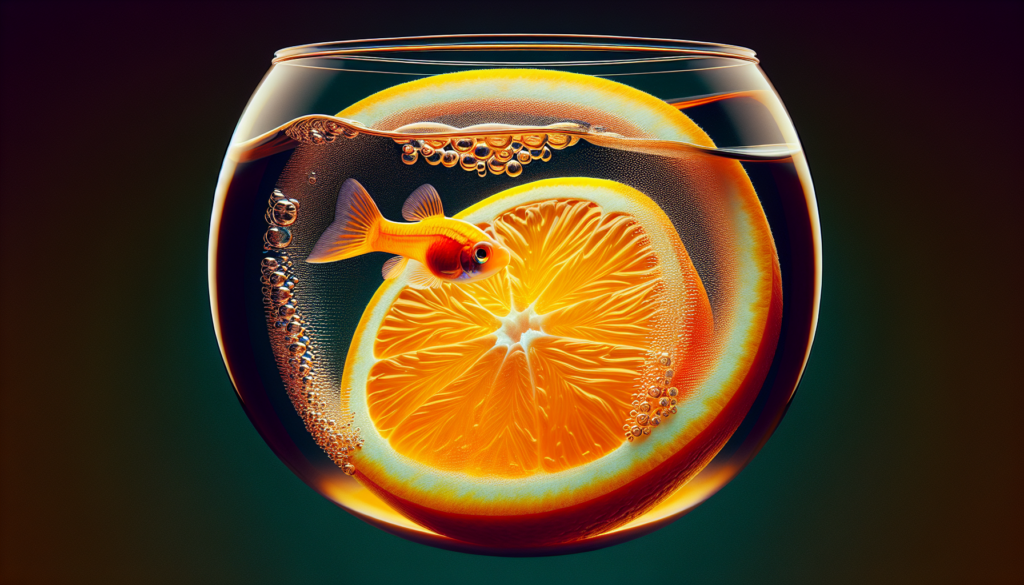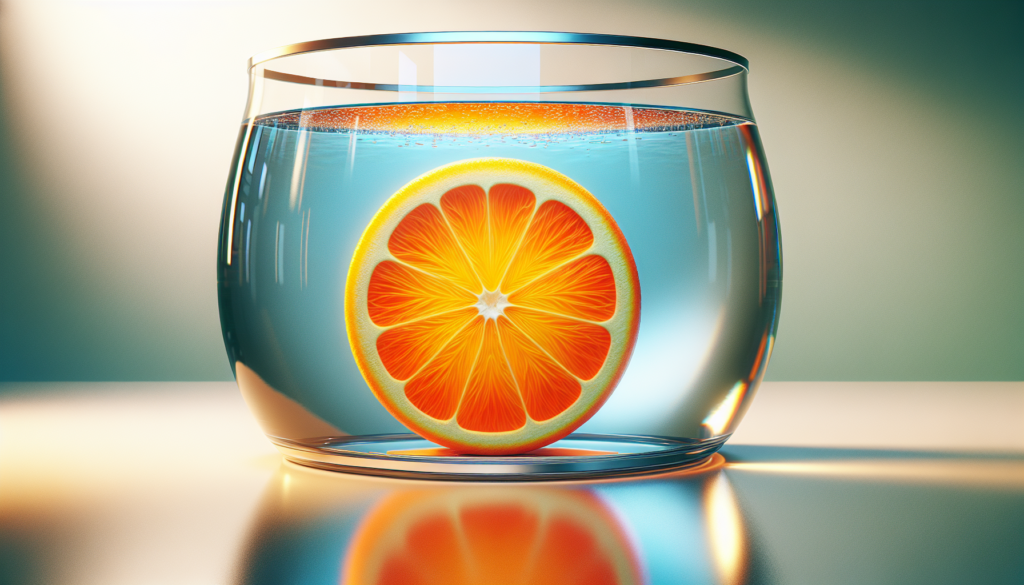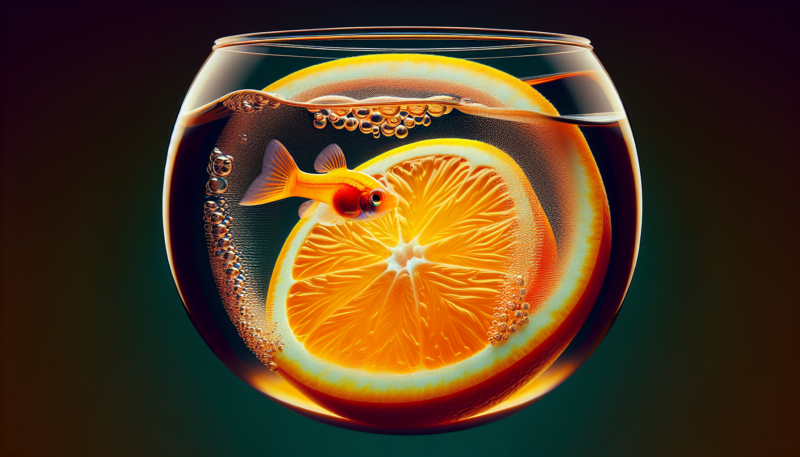Hey there! Ever wondered what guppy fish love to feast on? Look no further, because this guide has got you covered. Whether you’re a new guppy owner or just curious about their dietary preferences, we’ll explore the ins and outs of guppy fish diet. From their favorite live foods to the ideal balance of nutrients they need, get ready to discover how to keep your guppies happy, healthy, and well-fed. So, let’s dive right in and uncover the secrets of the guppy fish diet!
Types of Guppy Fish Food
Dry Fish Food
Dry fish food is a popular option for feeding guppy fish. These pellets or flakes are usually made from a combination of fish meal, shrimp meal, and various grains. They are highly convenient and easy to store, making them a convenient choice for many fish owners. Dry fish food is available in various sizes to accommodate the different mouth sizes of guppies. It is important to choose a high-quality dry fish food that contains a balanced mix of proteins, vitamins, and minerals to ensure the health and vitality of your guppies.
Live Food
Live food is an excellent choice for guppy fish, as it closely mimics their natural hunting and feeding behavior. Some live foods that guppy fish enjoy include brine shrimp, daphnia, mosquito larvae, and bloodworms. These small organisms provide a rich source of protein and other nutrients that help promote healthy growth and vibrant coloration in guppies. However, it is important to note that live food can also introduce parasites or diseases into your aquarium, so it’s crucial to obtain them from reputable sources or breed them yourself to ensure their quality.
Frozen Food
Frozen food is another popular option for feeding guppy fish. It offers many of the benefits of live food while eliminating the risk of introducing parasites into your tank. Frozen foods such as brine shrimp, bloodworms, and daphnia are widely available and can provide a great source of nutrition for your guppies. Before feeding frozen food to your guppies, it is important to thaw and rinse it thoroughly to remove any excess salt or contaminants.
Considerations for a Balanced Guppy Fish Diet
Protein
Protein is a crucial component of a guppy fish’s diet as it provides the building blocks for growth and development. When choosing fish food, look for options that have a high protein content, ideally between 35% to 45%. This will help support the rapid growth of guppies, especially for young fry or pregnant females. Good sources of protein include fish meal, shrimp meal, and various live or frozen foods.
Vitamins and Minerals
In addition to protein, vitamins and minerals are essential for maintaining the overall health and vitality of guppy fish. Look for fish foods that are fortified with essential vitamins such as A, D, E, and C, as well as minerals like calcium and phosphorus. These nutrients play a crucial role in supporting the immune system, bone development, and overall well-being of your guppies.
Carbohydrates
Carbohydrates are an important source of energy for guppy fish. While they do not require a high-carbohydrate diet, including a small amount of carbohydrates in their diet can help provide the energy they need for swimming, playing, and exploring their environment. Look for fish foods that contain a moderate amount of carbohydrates, such as grains or vegetable-based ingredients.
Fiber
Fiber is essential for maintaining a healthy digestive system in guppy fish. It helps regulate bowel movements and prevent constipation. Including fiber-rich foods such as spirulina, pea fiber, or vegetable matter can promote a healthy digestive system and overall well-being in your guppies.

Feeding Frequency
General Guidelines
Guppy fish should be fed small amounts of food multiple times a day to accommodate their high metabolisms. A general guideline is to feed them two to three times a day, providing only what they can consume within two to three minutes. Overfeeding can lead to health issues and poor water quality, so it is important to avoid excess food in the tank.
Feeding Fry
Guppy fish fry require more frequent feeding compared to adult guppies due to their rapid growth. They should be fed small amounts several times a day, ensuring that the food is finely crushed or powdered to accommodate their small mouths. As the fry grow, the frequency of feeding can be gradually reduced.
Overfeeding
Overfeeding is a common mistake that can have detrimental effects on guppy fish. Excess food left uneaten can decompose and pollute the water, leading to poor water quality and potential health issues. It is important to observe your guppies and adjust the feeding amount accordingly. Remember, it is better to slightly underfeed than overfeed, as guppies can also graze on algae and other natural food sources in the aquarium.
Feeding Guppy Fish Fry
First Few Days
In the first few days after hatching, guppy fish fry rely on their yolk sacs for nutrition. It is crucial not to feed them during this period as their digestive system is not yet developed. After a few days, you can begin feeding them small amounts of powdered fry food.
Baby Brine Shrimp
Baby brine shrimp are an excellent source of nutrition for guppy fish fry. They are small and highly nutritious, providing essential proteins and nutrients necessary for their growth. Baby brine shrimp can be hatched at home or purchased from pet stores and are best fed to fry that are at least a week old.
Powdered Fry Food
Powdered fry food is specifically formulated to meet the nutritional needs of guppy fish fry. It is finely ground to accommodate their small mouths and contains high levels of protein and other essential nutrients. This type of food can be purchased from pet stores or online, or you can make your own by grinding high-quality dry fish food into a fine powder.

Feeding Adult Guppy Fish
Dry Food Options
There are various dry food options available for feeding adult guppy fish. Pellets or flakes specifically designed for adult guppies are a convenient choice as they contain a balanced mix of protein, vitamins, and minerals. Look for options that offer a high protein content to support the health and vitality of your adult guppies.
Live Food Options
Providing occasional live food treats can add variety and excitement to your guppy’s diet. Adult guppies can enjoy live foods such as brine shrimp, daphnia, or mosquito larvae in addition to their regular dry food. Live food can help stimulate their natural hunting instincts and keep them engaged in their environment.
Frozen Food Options
Frozen food is a convenient and safe alternative to live food for adult guppies. Options like frozen brine shrimp, bloodworms, or daphnia can be offered as a treat or to supplement their diet. Thawed frozen foods should be rinsed thoroughly before feeding to remove any unwanted contaminants.
Supplementing the Diet
Vegetables
Including vegetables in your guppy’s diet can provide them with additional vitamins and minerals. Options like spinach, peas, zucchini, and cucumber can be blanched and finely chopped before adding them to the tank. Ensure that any leftovers are promptly removed to maintain the water quality.
Algae-based Food
Guppies are known to nibble on algae in their natural habitat, so incorporating algae-based food into their diet can help mimic their natural feeding behaviors. Algae-based flakes or wafers can be offered as a supplement to their regular diet and can provide essential nutrients they may miss from other food sources.
Snacks and Treats
Offering occasional snacks and treats to your guppies can add excitement and variety to their diet. Freeze-dried or bloodworm treats can be given sparingly as a special treat. Always ensure that the treats are specifically formulated for guppy fish and do not exceed the recommended feeding amounts.
Avoiding Common Diet Mistakes
Feeding Improper Amounts
One of the most common mistakes in guppy fish feeding is over or underfeeding. It is important to strike a balance and provide them with the right amount of food they need to thrive. Observe your guppies’ behavior and adjust the feeding amounts accordingly to avoid overfeeding and water quality issues.
Neglecting Water Quality
The quality of water in your guppy fish tank directly affects their health and well-being. Neglecting regular water changes, filtration, and maintenance can lead to poor water quality, which can impact their appetite and overall health. Ensure that the tank is properly maintained, and water parameters are within the suitable range for guppies.
Relying solely on a Single Type of Food
Guppies, like any other fish, benefit from a varied diet. Relying solely on a single type of food can lead to nutritional deficiencies and health issues. Opt for a combination of dry, live, frozen, and supplemental foods to provide a balanced diet that meets their nutritional needs.
Creating a Feeding Routine
Consistency
Establishing a consistent feeding routine is essential for the overall well-being of your guppy fish. Feed them at the same time and in the same location each day, as this will help them anticipate and prepare for feeding. Consistency also helps maintain good water quality by ensuring that any uneaten food is promptly removed.
Observing Individual Guppies
Each guppy fish in your tank may have different feeding habits and preferences. Spend time observing their behavior during feeding to ensure that each fish is getting its fair share of food. If certain guppies are being outcompeted for food or appear less active during feeding, consider adjusting the feeding strategy or separating them during mealtime.
Adjustments with Time
As your guppy fish grow and mature, their dietary needs may change. Adjustments may be necessary to accommodate their growth, reproductive stages, or any specific health conditions. Regularly assess their body condition, coloration, and activity levels to determine if any adjustments to their diet or feeding routine are needed.
Obesity in Guppy Fish
Recognizing Obesity
Obesity in guppy fish can lead to various health issues, including reduced fertility, swim bladder problems, and a shortened lifespan. Signs of obesity in guppies include a visibly rounded belly, difficulty swimming, and lethargic behavior. Monitoring their body condition and maintaining a balanced diet can help prevent obesity.
Prevention and Treatment
Preventing obesity in guppy fish is primarily achieved through a balanced diet and proper feeding routine. Avoid overfeeding and provide a variety of nutritious foods to meet their dietary needs without excess calories. If obesity is already present, reducing the amount of food offered, increasing exercise opportunities, and incorporating more fiber-rich foods can help promote weight loss.
Conclusion
Providing a balanced and varied diet is vital for the health and well-being of your guppy fish. Consider their nutritional needs at different life stages and provide them with a mix of dry, live, frozen, and supplemental foods. Observe their behavior, adjust feeding amounts as needed, and prioritize maintaining good water quality. With a well-rounded diet and a thoughtful feeding routine, your guppy fish will thrive and delight you with their vibrant colors and playful nature.
